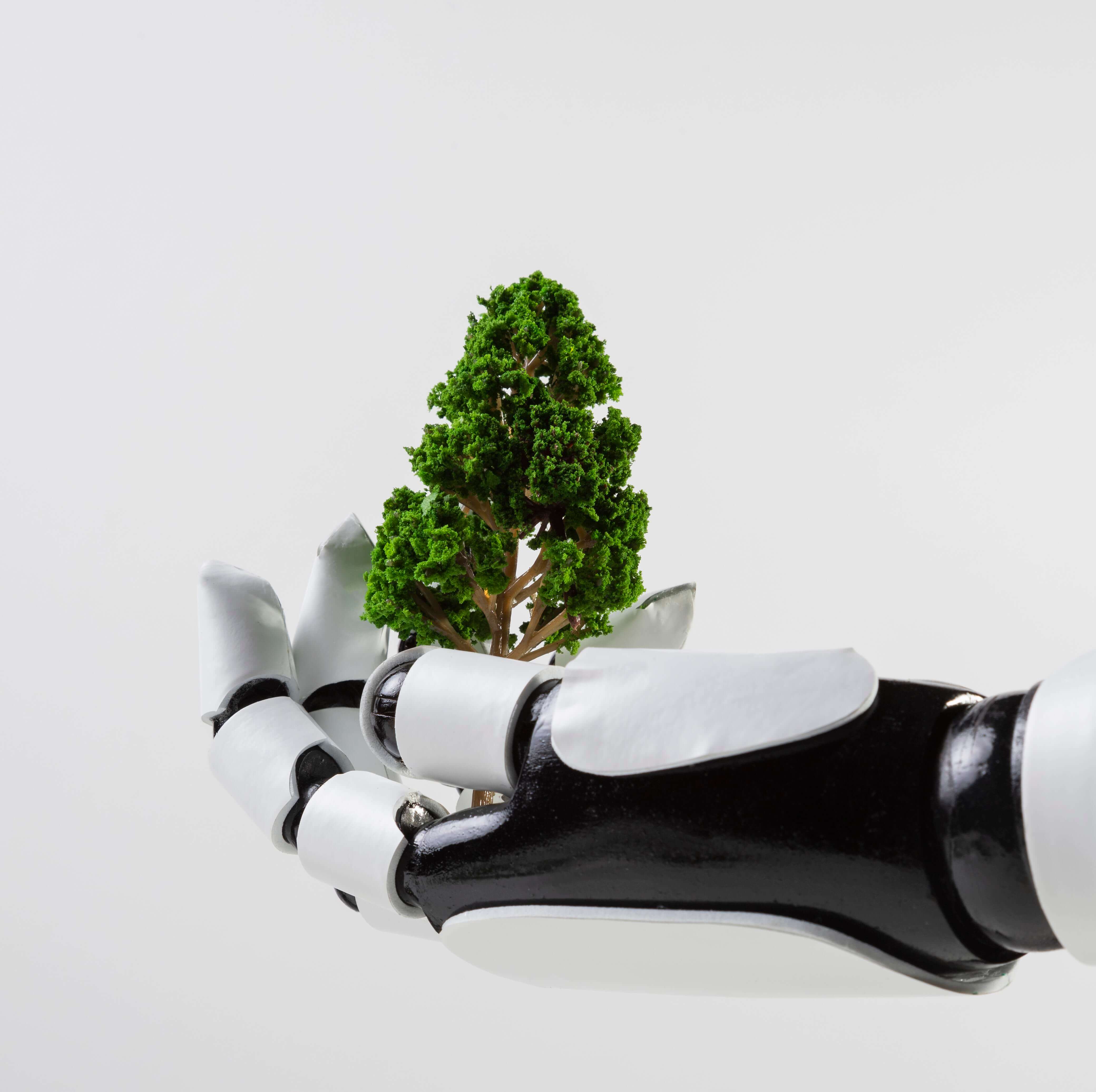

Sustainability is a concept that has been on the agenda of governments, institutions, companies, universities, non-governmental organizations, etc. almost all of humanity in recent years,
We can consider sustainability as the sufficiency of natural resources today and in the future and its benefit to nature. In recent years, we have witnessed that changes in ecology, environment and climate balances have negatively affected our living order... Extreme heat, precipitation, irregular seasonal transitions, etc. are among the most important indicators of this imbalance.
Of course, if we add the rapid population growth in the world to this, the need for the use of our vital natural resources will increase rapidly.
When our natural resources do not meet the needs of humanity, then our world may face an unpredictable catastrophe.
Water is the most important of our natural resources, followed by clean air, soils suitable for agriculture and animal husbandry, green vegetation and forests. At the beginning of the factors that threaten our natural resources, carbon dioxide, methane, water vapor, ozone, nitrous oxide, etc., which are also described as greenhouse gases, are the effects of climate changes caused by the increase of gases in the atmosphere of our planet above normal.
So Why Do Greenhouse Gases Increase?
The most important factor in the increase in greenhouse gases is the increase in population and human activities. The burning of fossil fuels, especially coal, is the main responsible for the increase in carbon dioxide in the atmosphere.
According to the IPCC, 56% of human-induced greenhouse gas emissions in 2004 belonged to carbon dioxide from fossil fuel use. Deforestation accounts for another 17%.
What is the Purpose of Sustainability?
The impact of climate change is not just an increase in temperatures. Plants, animals and ecosystems, as well as human communities, are at serious risk as a result of factors such as an increase in the frequency and impact of extreme weather events such as droughts, floods, severe hurricanes, rising ocean and sea water levels, increasing acidity of the oceans, and melting glaciers.
Sustainability imposes responsibilities on governments, institutions and individuals in taking measures to address the growth of this potential threat. The scientific world states that the increase in average temperatures should be limited to a maximum of 2°C to minimize the devastating effects of climate change. In order to meet this target, the level of CO2 in the atmosphere should not exceed 450 ppm.
So what is being done in the name of sustainability in the world?
The first measure to be taken both economically and ecologically is to manage high energy consumption for the purpose of sustainability. For this purpose, we are witnessing serious studies and campaigns on energy efficiency in many countries of the world and leading institutions.
World governments have focused on the search for alternative renewable energy sources in order to reduce the rate of fossil fuel consumption. A new trend has been initiated with the incentives put forward for the use of renewable energy.
With legal regulations, energy consumption outside the purpose of sustainability is restricted and even banned completely. Societies are made aware through intensive education and publicity campaigns.
Whatever the technology, it is fueled by energy resources. Technologies that provide maximum benefit in energy consumption will be among the most preferred ones.
Smart technologies that can adjust and optimize themselves according to humanity's usage habits will become more widespread.
We have already started to see the reflections of this in electric vehicles, and alternative energy generation technologies such as solar and wind have started to enter our homes.
We are witnessing many features of Artificial Intelligence that surprise humanity in its infancy. Technologies that think and behave like humans in the future are not a dream. This amazing talent can bring new capabilities in humanity's search for alternative energy sources.
Artificial intelligence will give humanity a different perspective on the journey to sustainability, and we have no doubt that it will provide many benefits such as discovering different methods in alternative energy production, increasing efficiency, extending durations, etc...
In industries with high energy consumption, the capabilities of artificial intelligence will be needed intensively. For example, systems that can self-adjust energy needs in accordance with variable capacity utilization, providing extra energy stock from high energy consuming processes, technologies that can select the appropriate energy source according to environmental conditions, predictive energy capacity planning in smart energy production facilities based on data mining, etc. We can see many innovations in the future thanks to artificial intelligence...

This website stores data such as cookies to enable site functionality including analytics and personalization. By using this website, you automatically accept that we use cookies.